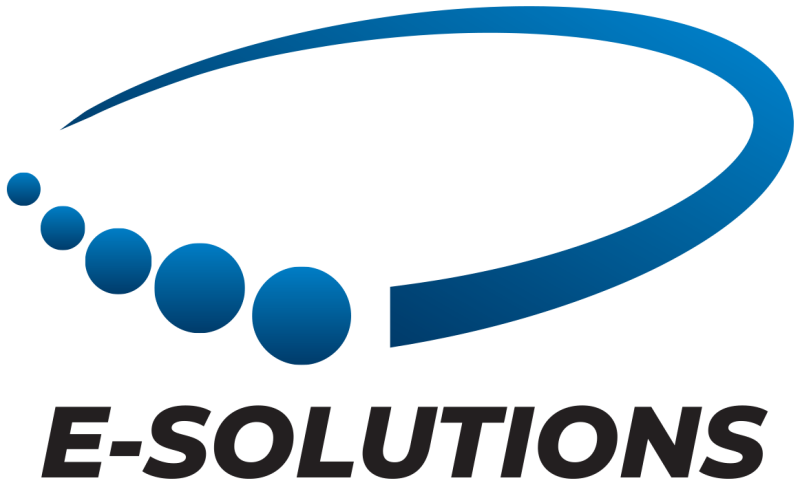Challenge
A national government tax agency struggled with inefficiencies in its tax collection and compliance processes. Disparate systems across departments made it difficult to track taxpayer activities, identify evasion patterns, and ensure accurate reporting. This lack of integrated data systems led to revenue loss, delays in audits, and diminished public trust.
Our Approach
A comprehensive data services solution was designed to centralize data, enhance analytics, and improve operational efficiency. And we;
- Built a data lake using Azure Data Lake to integrate data from multiple departments, including income tax, corporate tax, and customs. This created a unified platform for storing and managing taxpayer information.
- Deployed Apache NiFi to automate data validation and cleansing, ensuring consistency and accuracy in taxpayer records.
- Developed machine learning models to examine patterns in tax filings and payments, identifying anomalies that indicated potential fraud or evasion, and
- Designed dashboards using Power BI to provide auditors with real-time insights into taxpayer activities, revenue trends, and high-risk cases. This improved decision-making and prioritization during audits.
Outcome
The implementation of this data services solution led to remarkable improvements.
- Increased revenue collection: Improved revenue collection by 25% through accurate identification of underreported income and tax evasion.
- Audit efficiency: Reduced audit preparation times by 40% with centralized and validated data.
- Fraud detection: Enhanced fraud detection capabilities, resulting in a 30% reduction in tax evasion cases, and
- Public trust: Improved taxpayer transparency and trust through accurate and timely reporting.
Conclusion
This case study demonstrates how data services can transform tax collection processes for government agencies. By integrating data, automating workflows, and leveraging analytics, governments can increase efficiency, enhance compliance, and boost public trust.






